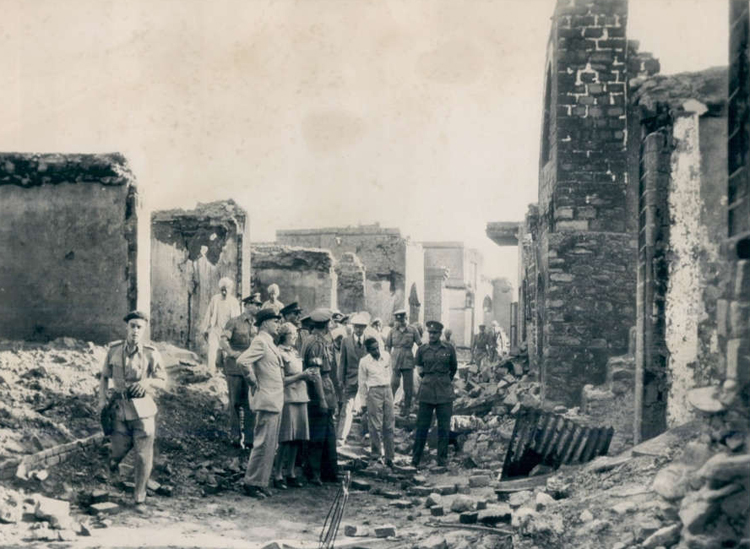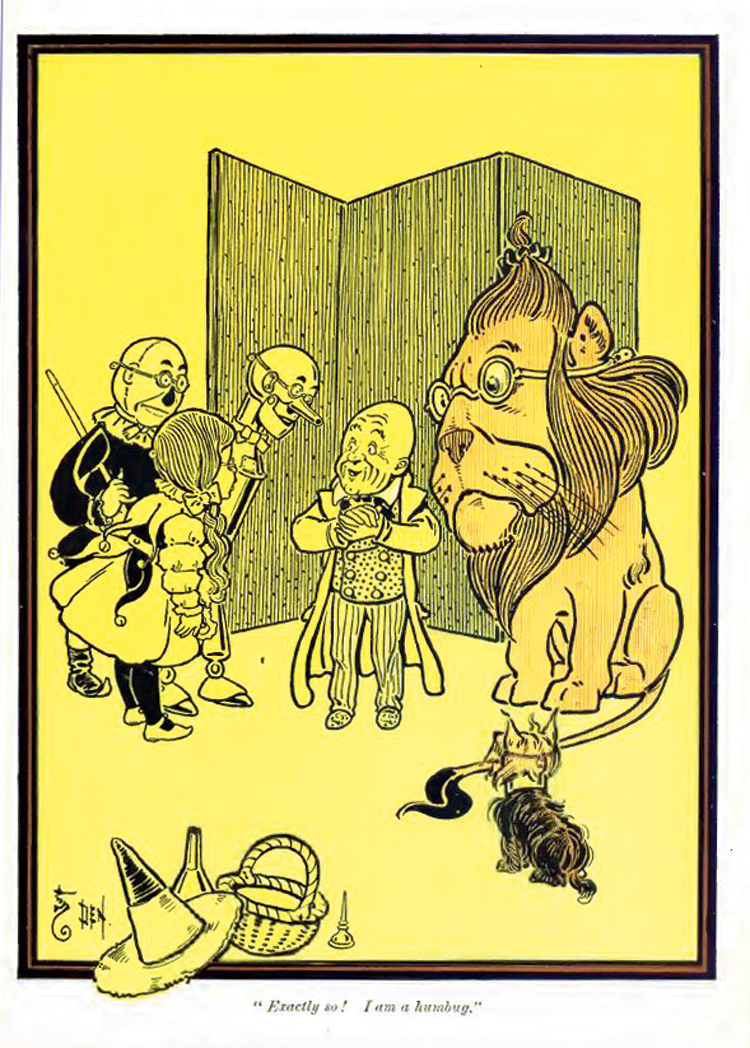Faiz Ahmed Faiz reflects in “Subh-e-Azadi”, written in August, 1947, “Ye dagh dagh ujala, ye shab-gazida sahar,/ Vo intezar tha jis-ka, ye vo sahar toh nahin”. These lines as translated by Victor Kiernan in Poems By Faiz read as: “This stain-covered daybreak, this night-bitten dawn,/ This is not that dawn of which there was expectation...”
The Sixth River — A Journal from the Partition of India, written by Fikr Taunsvi and ably translated by Maaz Bin Bilal, underlines a similar sentiment, the sentiment of non-acceptance of the Partition in 1947 and the disillusionment accompanying it. Memoirs are indeed personal narratives, and The Sixth River, originally published as Chhata Darya, is a testimony of the author’s trauma as he faced the process of independence in August 1947. The trauma continued till November, when he was forced to migrate to Amritsar in India. Born as Ram Lal Bhatia, the author took Fikr Taunsvi as his pen name as he moved in the enlightened circle of Lahore since the 1930s and chose Urdu as his main medium of expression. He has dedicated this book to the five rivers of the Punjab. To this was added a sixth river — a river of blood — a river artificially created by the Radcliffe Line.
Maaz Bin Bilal introduces the memoir with an interesting and analytical discussion followed by a note on the translation. The book progresses with the author’s actual layout of the journal from August 9 to November 8, 1947, in three parts — “Mobbed by Darkness (Andhere ke Rele Mein)”, “What Place Is This (Ye Kaunsa Maqaam Hai)” and “Come, Let Us Look for the Dawn Again (Aao Phir Subha ko Dhuundein)”. The title of each entry in the journal speaks for itself. A burning document on the Partition, this book expresses through the author’s eyes the hollowness of the euphoria of freedom expressed in the celebrations both in independent India and Pakistan.
Fikr Taunsvi identifies his favourite city, Lahore, a place very close to his soul, as a symbol to illustrate how the decision to partition India on the basis of religion ruined the simple existence of common people who were trapped in the labyrinth of blind and violent revenge. Freedom at midnight was marred by the arrival of dead bodies in trucks or trains, loot, arson, violation of women and victimization of children, whether Hindu, Muslim or Sikh, in the bifurcated provinces.
The author faces an identity crisis as a dismal situation is forced on him. His memory, which has been conditioned by the past, is now disharmonized and dishonoured. Nostalgic memories of Partition that traverse the path of good old days as found, for example, in Chhere Aasha Gram (Villages Left Behind), edited by Dakshinaranjan Basu, are absent here. The eventuality of the Partition and the following tableaux with their overpowering scent of death and colour of blood make the author a severe critic of high-level politicians such as Nehru, Jinnah and Gandhi. Fikr Taunsvi is not ready to accept the fact that he is unsafe in Lahore and is heartbroken when he is advised conversion as a ticket to his continued stay. The doom of the Partition knocks on his door when his daughter is murdered by one of his neighbours.
This memoir is a writer’s first-hand experience of a historical event which is still strongly debated. Belonging to the progressive writers’ group, Fikr Taunsvi attempts to maintain a mask of detachment underneath which his pain and sense of loss are obvious. To a researcher, this book is invaluable, where a special mention should be made of the highly informative footnotes. It goes entirely to the credit of the translator, Maaz Bin Bilal, that this memoir has become accessible to a large number of readers.
The Sixth River: A Journal from the Partition of India by Fikr Taunsvi, Speaking Tiger, Rs 499













